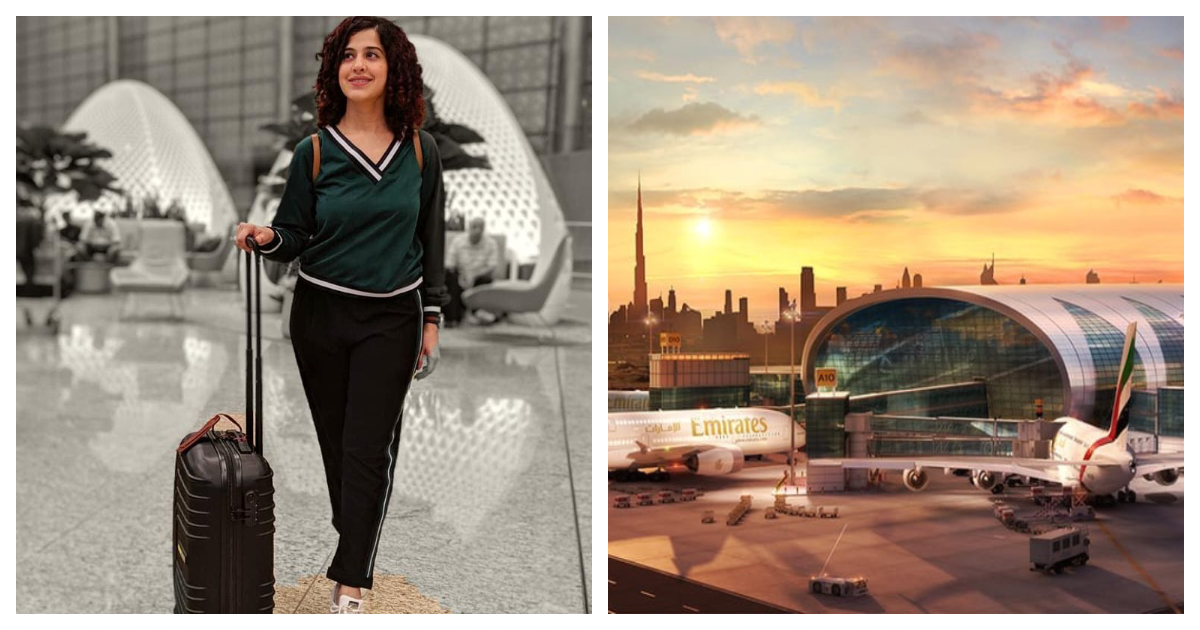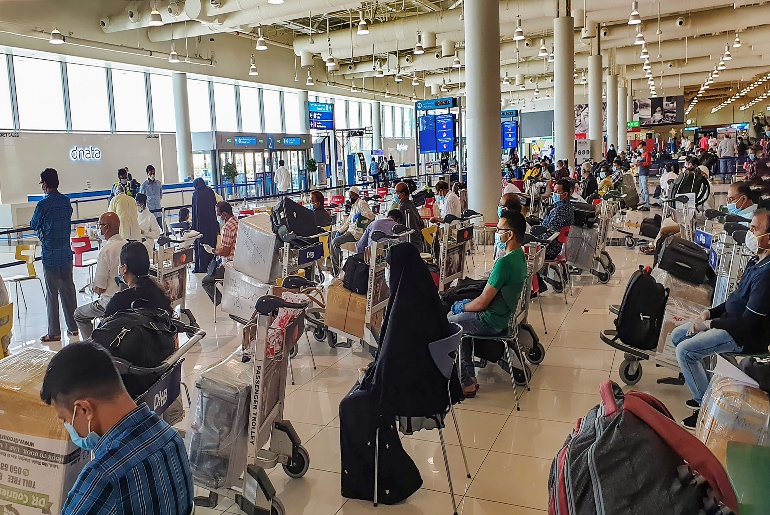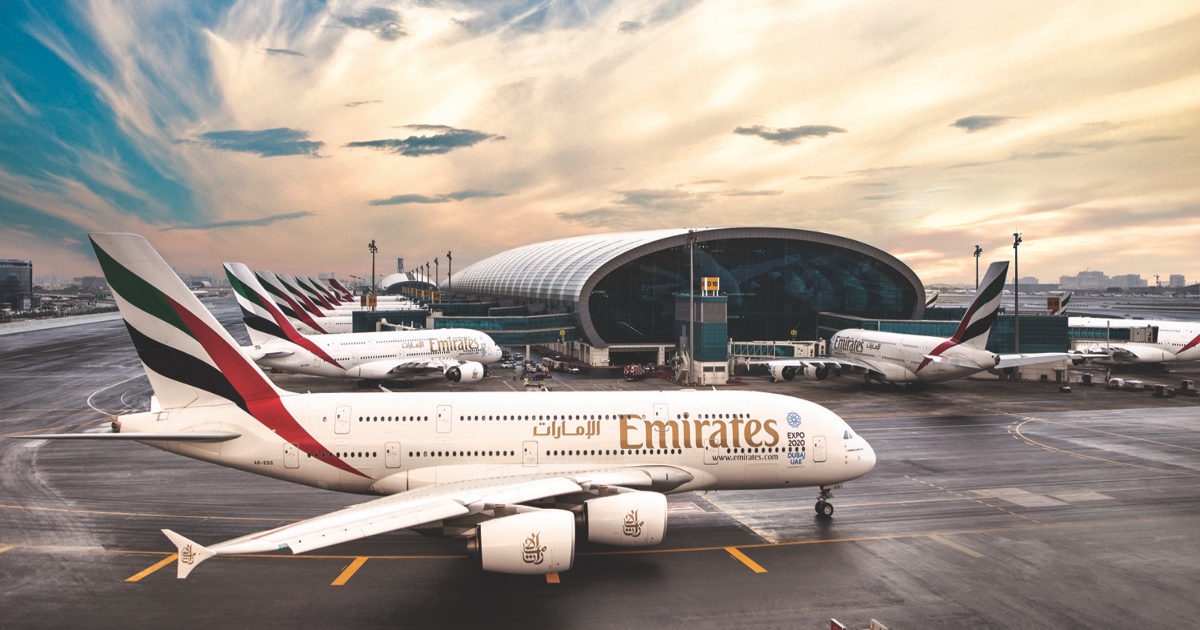The UAE has opened doors for vaccinated tourists from across the world. And with Expo 2020 approaching fast, Dubai is set to witness a spike in tourists in the region. Well, this also means that air fares are set to increase. Ever since UAE started welcoming tourists from across the world, there has been a steady increase in air fares and this shows no signs of stabilising any time soon.
Also read: UAE Named The World’s Most Vaccinated Nation; Over 78% Vaccinated
Expo 2020 is set to open this week, and visitors from India are expected to make up a sizeable percentage of the guest list. This has led to a 100% increase in flight fares. Ticket prices, especially from India have doubled ever since the UAE announced the resumption of tourist visas.
One-Way Tickets From Delhi Cost AED 2000- AED 3000
As of today, flights from New Delhi to Dubai will cost you AED 2000- AED 3000. Normally, tickets from India’s capital city would cost a bout AED 1500. Flight tickets from Mumbai are relatively easy on the pocket with roundtrip tickets priced at AED 1700. Flights from Kochi and Calicut to Dubai cost AED 1500, as opposed to under AED 1000 on normal days.
On the flip side, flight rates from UAE to India continue to witness nominal rates, with tickets from Dubai to New Delhi at AED 340 and to Mumbai at AED 281.
Earlier this month, ticket prices from Kerala to Dubai was the highest, followed Mumbai and Delhi. One-way tickets from Kerala to Dubai in the first week of September were priced at AED 1000 to AED 2400, depending on the airline preferred.
Travel agents in the UAE have received more than 2000 messages on social media, ever since the country announced resumption of tourist visas.
What Are The Rules For UAE Residents Travelling To Dubai Via FlyDubai & Emirates?
Flydubai passengers who are UAE resident visa holders must take prior approval from Federal Authority for Identity and Citizenship (ICA) or an approval from the General Directorate of Residency and Foreigners Affairs to return to the UAE.
In addition passengers must also present a covid negative report upon arrival in Dubai. The test must have the QR code mentioned in English or in Arabic and must be taken 48 hours prior to departure.
All passengers must undergo yet another rapid PCR at the airport, test six hours before departure. The test report must have the QR code. Lastly, all travellers must take another COVID‑19 PCR test on arrival in Dubai.
Also read: Expo 2020 Dubai To Kick Off With A 90-Minute Opening Ceremony Featuring Hundreds Of Performers
Also read: UAE To Start Issuing Tourist Visas For Vaccinated People From All Countries
What Are The Rules For Tourists Travelling To The UAE Via Flydubai & Emirates?
Fully vaccinated tourists travelling by both Flydubai or Emirates must upload their vaccination certificates through the ICA platform or Al Hosn App. Passengers must also submit a valid Covid PCR test report taken 48 hours before departure. Only COVID‑19 PCR test reports from certified labs that issue a QR code linked to the original report will be accepted.
In addition, passengers must complete a COVID‑19 PCR rapid test at the departure airport before the departure of their flight. The Rapid PCR test can be conducted within 6 hours prior to departure. (Rapid antigen test will not be accepted). Lastly, all tourists must take another COVID‑19 PCR test on arrival in Dubai.
However, tourists travelling to the UAE via Emirates DO NOT require GDRFA or ICA approval.
Who Is Exempt From Taking The PCR Test?
UAE Nationals need not take a PCR test prior to departure, regardless of where they are travelling from. However, a test will be conducted upon arrival in DXB. Besides, inbound passengers who are accompanied by a first-degree relatives of a UAE national, domestic workers accompanied by a UAE national sponsor are also exempt from the test.
First Published: September 29, 2021 6:00 AM






